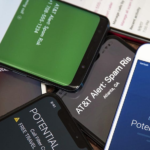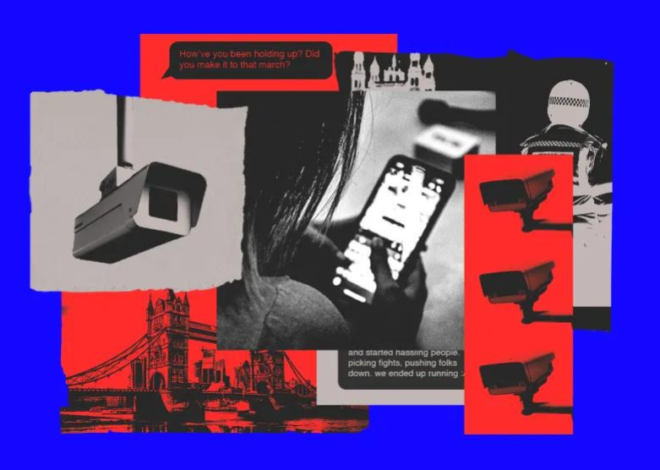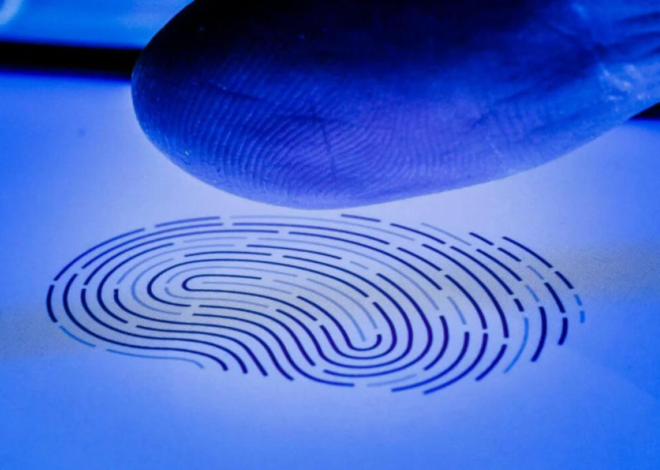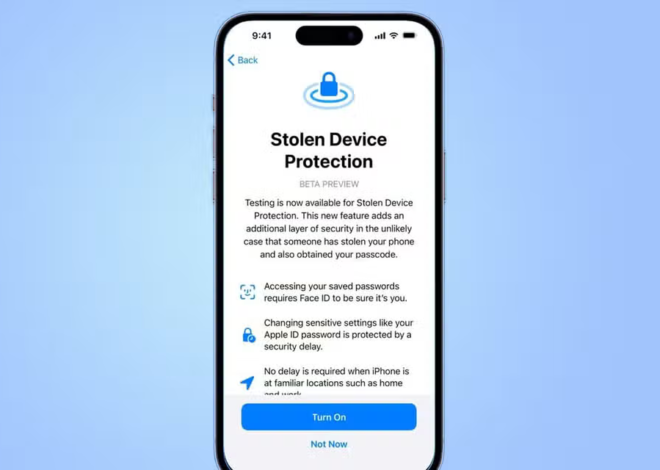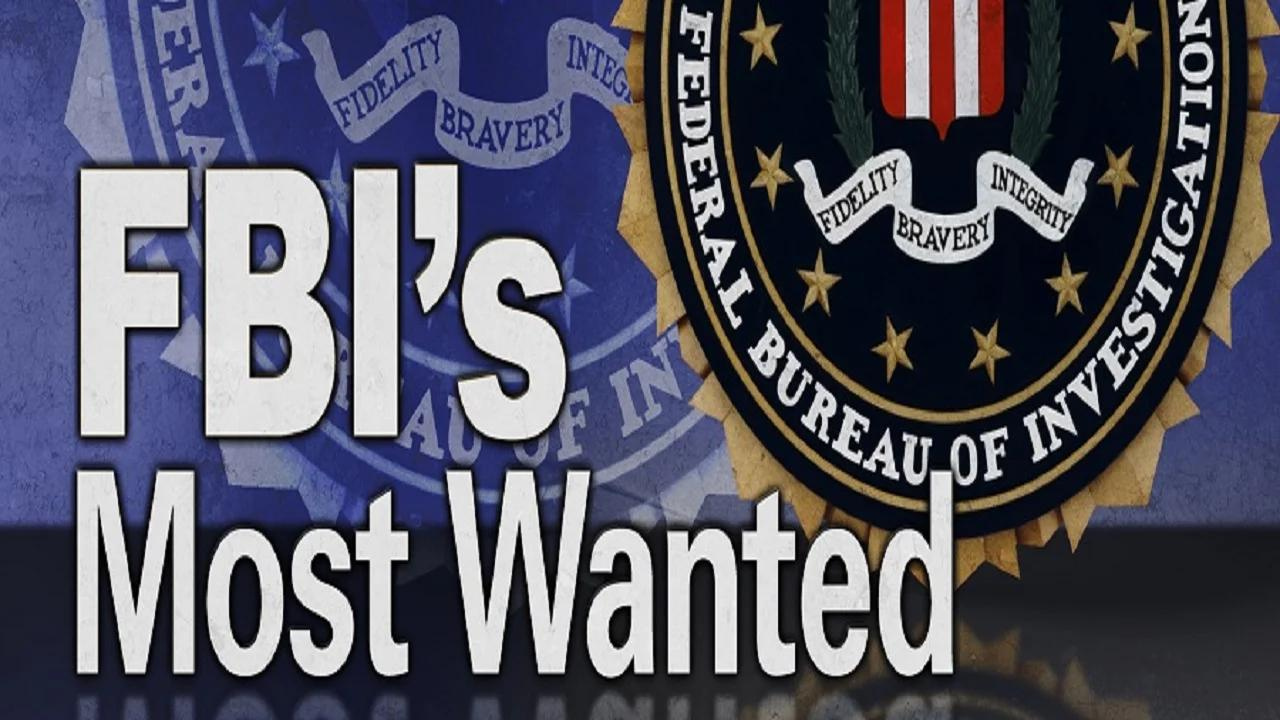
The FBI’s most-wanted Russian hacker Wazawka explains why he burned his passport
Russian hacker Matveev added that he has lost interest in ransomware, saying he has lost interest in it. While he confessed that he misses hacking, he also hinted that he might return to hacking in the future, he added a mysterious twist, “but no one will know about it.”
Mikhail Matveev, a Russian hacker known online as “Wazawaka” and “Boriselcin,” finds himself on the FBI’s most wanted list with a $10 million reward for information leading to his arrest, along with being subject to U.S. sanctions. However, Matveev seems unfazed by these developments, stating in an online interview with TechCrunch that his life remains largely unaffected.
“We, as Russian citizens, do not fear the actions of the American government,” Matveev remarked. “In fact, I’ve experienced improvements in my life since the imposition of sanctions. I hardly sense their impact, and they even contribute to enhancing my security. So, in a way, sanctions have proven beneficial for us.”
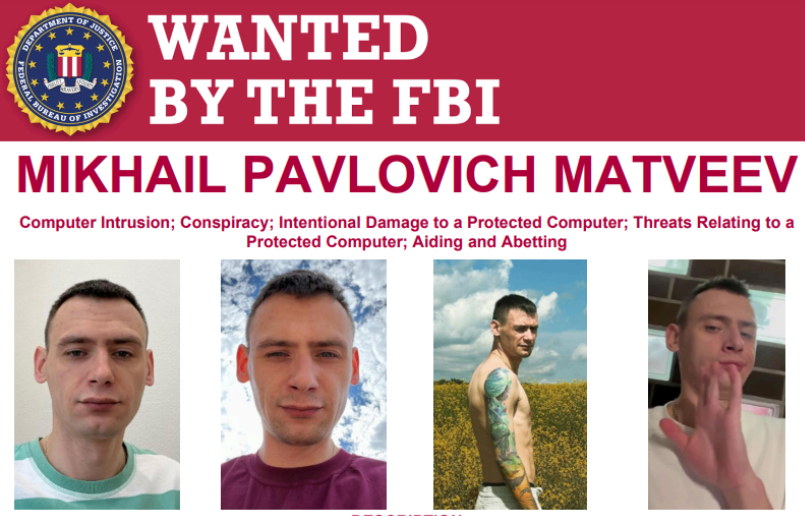
In a recent interview conducted in both English and Russian, Mikhail Matveev, known online as “Wazawaka” and “Boriselcin,” discussed the impact of U.S. sanctions on his life. He explained that these sanctions serve as a de facto assurance that Russia will not deport him, leading him to abandon any plans for international travel and even claiming to have destroyed his passport. His last overseas trip, he recalled, was to Thailand in 2014, where he tried exotic dishes such as scorpions, which he found surprisingly enjoyable.
Also Read | A ransomware group claims to have “compromised all Sony systems”
Earlier this year, Matveev was accused by the U.S. government of participating in a global ransomware campaign that targeted victims worldwide. Prosecutors labeled him a “prolific ransomware affiliate,” alleging that he collaborated with ransomware groups like Hive, LockBit, and Babuk to execute significant cyberattacks against U.S. corporations and critical infrastructure, including hospitals and government agencies. Notably, the authorities claimed that Matveev intentionally infected the computers of Washington, D.C.’s Metropolitan Police Department with ransomware.
Matveev, however, refuted any formal affiliation with ransomware groups, asserting that he merely “rented their software for my own purposes.” Since his indictment and the imposition of sanctions, he claimed to engage in light-hearted banter with those still involved in ransomware operations, sharing memes and jokes.
He explained that his use of ransomware served two purposes: to evaluate the software in a controlled environment and to deploy it in real-world scenarios. Matveev clarified that he was never the creator of the Hive and Lockbit projects; instead, he described himself as an independent affiliate, acting on his own.
Since his indictment and the imposition of sanctions, Matveev has maintained a prolific online presence on X, formerly known as Twitter. He has granted interviews to cybersecurity publications and playfully mocked the U.S. government by printing a T-shirt featuring his own FBI most-wanted poster, gauging interest from his followers in purchasing similar merchandise.
Despite his activities, an FBI spokesperson declined to provide comments on the matter. Matveev’s identity as the X account holder was verified through the provision of selfies, one of which revealed his left hand with four fingers, consistent with his FBI most-wanted page. Another selfie featured him holding a piece of paper with the reporter’s name handwritten on it, confirming his authenticity. He explained that he lost a finger in 2017 during an accident while installing a heavy server cabinet, which required surgery.
Also Read | Protecting ML models will secure the supply chain, JFrog releases ML security features
Regarding his earnings from ransomware activities, Matveev declined to disclose specific amounts but mentioned his current investments in cryptocurrency, recommending this approach to others. He also mentioned working on a cybersecurity website project. While he rejected the FBI’s attribution of $200 million in ransomware payments to him and his associates, he did not elaborate further on the matter.





